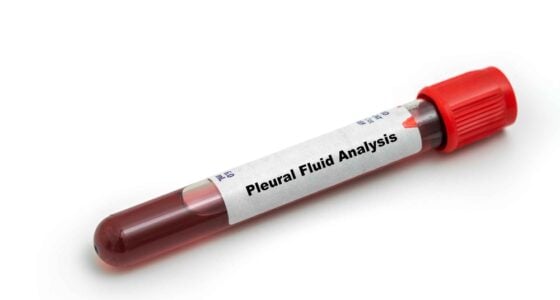Malignant mesothelioma is challenging for numerous reasons. Always fatal, mesothelioma remains latent for decades before appearing in an aggressive and fast-moving way. Making matters worse, the condition’s rarity limits scientists’ ability to test new treatments. To address this, Australian researchers have explored using pleural effusion samples from patients to create models called “organoids” on which different medications can be tested. Their efforts yielded positive results.

Organoids Created from Pleural Effusions May Facilitate Better Mesothelioma Treatments
Organoids are three-dimensional structures created by culturing cancer tumor cells within a membrane matrix. Because organoids replicate the genetic structure of the original cell, different treatments can be tested on them to quickly identify what works best, but tumor cells are rarely taken from malignant mesothelioma patients.
Researchers from the College of Medicine and Public Health at Flinders University in Adelaide, Australia set out to see whether pleural effusions that are frequently taken from mesothelioma patients – and which are often those patients’ first symptom of their disease – could be used to create organoids that could accurately and effectively be used to guide treatment.
Researchers Prove Usefulness of Mesothelioma Pleural Effusions to Create Models
Publishing their results in the May 2024 journal Lung Cancer, the scientists proved their concept that organoids created from mesothelioma pleural effusions were suitable models for ex vivo drug screening and precision oncology. The protocol represents a minimally invasive way to source the cancer cells that “maintained the histomorphological features and immunohistochemical profiles seen in the patient’s corresponding biopsy specimen at both early and late passages.”
In discussing their results, the scientists wrote that these organoids “may provide a powerful tool to better understand mechanisms of tumor development and therapeutic response both in general and, importantly, at the individual level” and that they could “help us uncover factors that contribute to immunotherapy responsiveness or additional actional vulnerabilities.”
If you or someone you love has been diagnosed with malignant pleural mesothelioma, this type of research offers great hope for more effective treatments in the future. For more information on the resources available to you, contact the Patient Advocates at Mesothelioma.net today at 1-800-692-8608.
